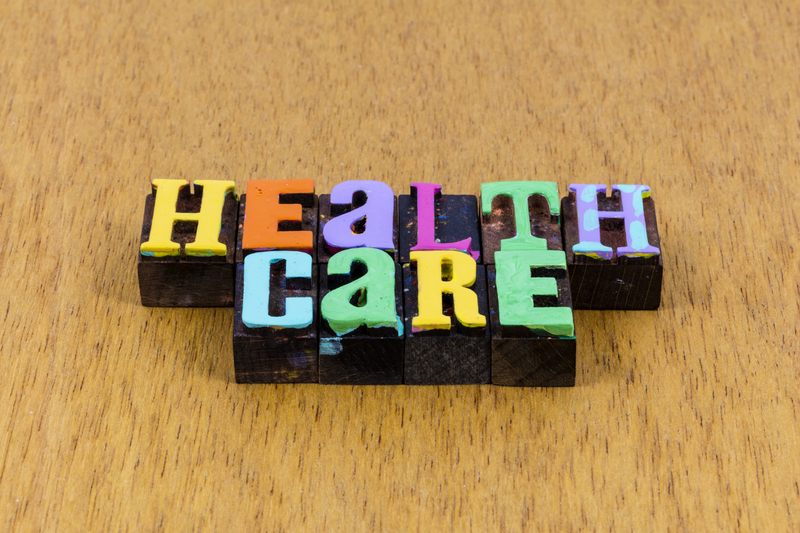- Calls to this hotline are currently being directed to Within Health, Fay or Eating Disorder Solutions
- Representatives are standing by 24/7 to help answer your questions
- All calls are confidential and HIPAA compliant
- There is no obligation or cost to call
- Eating Disorder Hope does not receive any commissions or fees dependent upon which provider you select
- Additional treatment providers are located on our directory or samhsa.gov
Cigna Eating Disorder Coverage
Eating disorders like anorexia nervosa (AN), bulimia nervosa (BN), and binge eating disorder (BED) are dangerous conditions that can even be life-threatening if not properly treated. However, finding the appropriate care can also be challenging.
Health insurance often makes the process easier—or, at least, easier to pay for. If you, your spouse, or your parent has Cigna healthcare, it may be possible to have some of your eating disorder treatment covered.
Does Cigna Offer Eating Disorder Coverage?
Cigna offers several tiers of coverage, including individual healthcare plans and employer-based plans. The particulars of what your plan will cover depend on the type of coverage you have.
The state you live in may also influence the coverage you can expect. It will affect the doctors, treatments, or programs that are in-network around you and may also impact your co-pay and other coverage-related concerns.
In general, Cigna will honor requests for healthcare treatment, including enrollment in some inpatient or residential treatment programs, if you can prove medical necessity. [1] The company also supports many behavioral health initiatives, which will most likely cover at least part of outpatient treatment. [2]
Depending on your plan, medication, and medical consultations may also be subject to partial or total coverage. In some cases, Cigna may also cover specialty coaching and support services and family therapy, among other types of care. [2]
Cigna Eating Disorder Coverage: What’s Covered and What’s Not
Without specific policy information, it’s difficult to determine which types of eating disorder treatment Cigna may cover for you or your loved one.
The best way to determine the type of eating disorder treatment coverage you can expect with your Cigna insurance policy is to contact a representative from the company directly. You may want to familiarize yourself with your specific policy first, and remember to ask about:
- Which levels of care will be covered (including inpatient care, intensive outpatient programs, day programs, and outpatient programs)
- Specific types of treatment that may be covered (including specific types of therapy, tests, and consultations)
- How long coverage will last
- If coverage will be reduced after a certain period

How to Use Cigna Eating Disorder Coverage
Navigating the world of health insurance and medical care can be maddening, especially on top of dealing with the emotional difficulties of struggling with an eating disorder.
If you have Cigna health insurance, there are some things to remember when using your policy to cover eating disorder treatment.
Nearly all insurance companies will require an official diagnosis from a doctor before providing coverage for any type of treatment. This means you’ll have to schedule an appointment with your primary care physician, psychiatrist, or another specialist before approaching Cigna about coverage.
Your doctor will then outline a general treatment plan for you. Their recommendations usually go a long way toward the types of treatment your insurance company will pay for. If Cigna is unwilling or unable to cover specific recommended treatments, you may have to continue working with your doctor to present a plan the insurance company is willing to cover.
Once you’re ready to consult Cigna, you can call a representative from the company to discuss coverage options. You can also use the Cigna website to find nearby doctors and programs that are in-network and start from there.
Some plans also require patients to “qualify” for certain types of care in other ways. For example, you may have to try outpatient treatment programs for your eating disorder before being eligible for inpatient treatment coverage.
What If You Don’t Have Cigna Eating Disorder Coverage?
If Cigna won’t cover your eating disorder treatment or if you don’t have health insurance, that doesn’t mean you shouldn’t still pursue treatment. Eating disorders are dangerous conditions, and appropriate clinical care is often necessary for helping people recover from these mental health conditions.
Many eating disorder treatment programs offer financial aid options for those without insurance who are unable to pay the full cost of treatment. You can also look for other programs that offer reduced-cost care.
Support groups are another type of care many people benefit from. These programs help people establish a sense of community and commitment to their recovery journey and are often free. Searching online for a nearby support group is likely the best way to find the most accurate information for meetings available near you.
You can also call a number of eating disorder hotlines for additional help. These services are also generally free and allow callers to remain anonymous while asking difficult questions or receiving more information about care options and other resources.
Finding Help for An Eating Disorder
If you or a loved one are struggling with an eating disorder, it’s important to seek out help.
Whether or not Cigna will cover your eating disorder treatment, your first step is to consult your primary care physician, therapist, or another medical professional. These experts can help you obtain an official diagnosis and offer advice on the next best steps.
Regardless of where you look for help, the important thing is looking. It’s often the first pivotal step on the road to recovery.
Resources
- Qualified Health Plan (QHP) Transparency in Coverage. (n.d.). Cigna Healthcare. Accessed January 2024.
- Behavioral Health Programs. (n.d.). Cigna Healthcare. Accessed January 2024.

